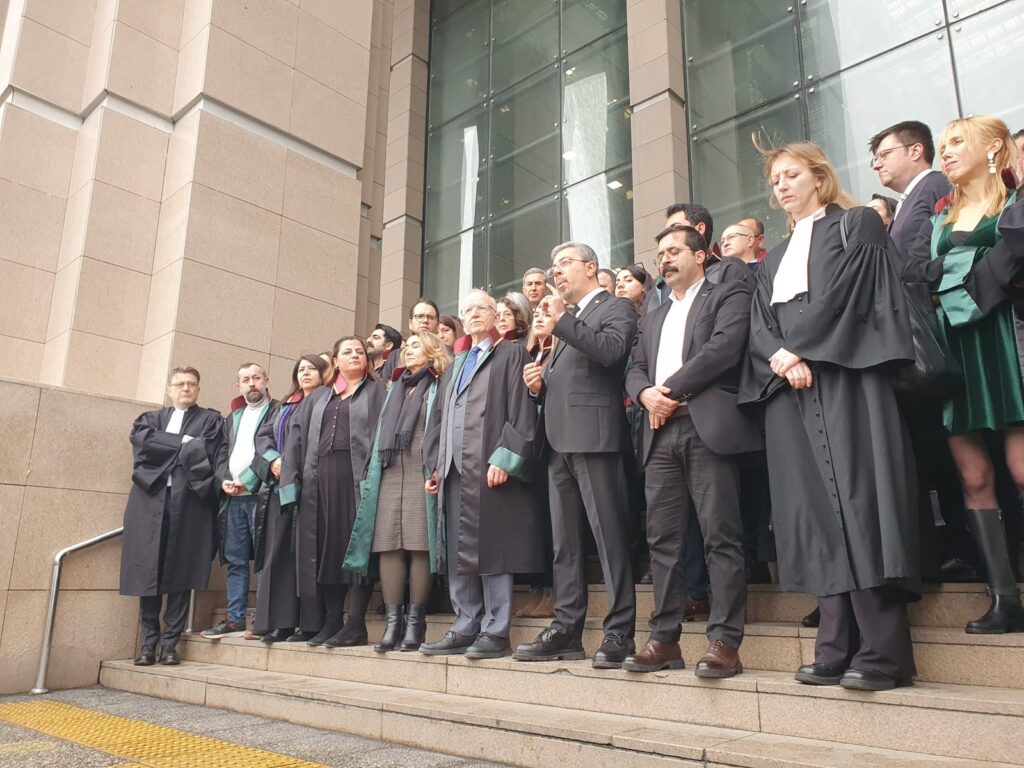On 25 February, Lawyers for Lawyers and the Law Society of England and Wales (Law Society) delivered an oral statement during the enhanced interactive dialogue on the report of the United Nations High Commissioner for Human Rights on the situation of human rights in Belarus. The dialogue took place during the 46th session of the UN Human Rights Council.
The statement reads as follows:
Mme. President,
The Law Society and Lawyers for Lawyers thank the United Nations High Commissioner for Human Rights for her report.
We draw the Council’s attention to the UN Basic Principles on the Role of Lawyers which underline that lawyers have a vital role in ensuring access to justice for all.[1]
We share the Commissioner’s concerns about reports of lawyers who have been arrested, detained, or face disciplinary sanctions for exercising their professional activities in the aftermath of the presidential elections.
We are also alarmed by reports that many citizens who were arrested and detained have not had access to a legal representative or a lawyer of their own choosing, and that the principle of lawyer-client confidentiality has often not been respected. Lawyers have also been harassed by law enforcement officials while trying to provide legal counsel to clients. These actions by state agents directly threaten the independence of the legal profession in Belarus and prevent access to justice of all citizens.
We call on the Council to urge Belarus to:
- Ensure that all those arrested and detained have access to a lawyer of their own choosing and that the principle of lawyer-client confidentiality is respected;
- Guarantee that all lawyers in Belarus are able to practise their profession without intimidation, harassment, improper interference or reprisals.
Thank you.
[1] The UN Basic Principles on the Role of Lawyers provide a concise description of international norms relating to the key aspects of the right to independent counsel. The Basic Principles were unanimously adopted by the Eighth United Nations Congress on the Prevention of Crime and the Treatment of Offenders in Havana, Cuba on September 7 1990. Subsequently, the UN General Assembly “welcomed” the Basic Principles in their ‘Human rights in the administration of justice’ resolution, in a resolution that was adopted without a vote on December 18 1990 in both the session of the Third Committee and the plenary session of the General Assembly.




